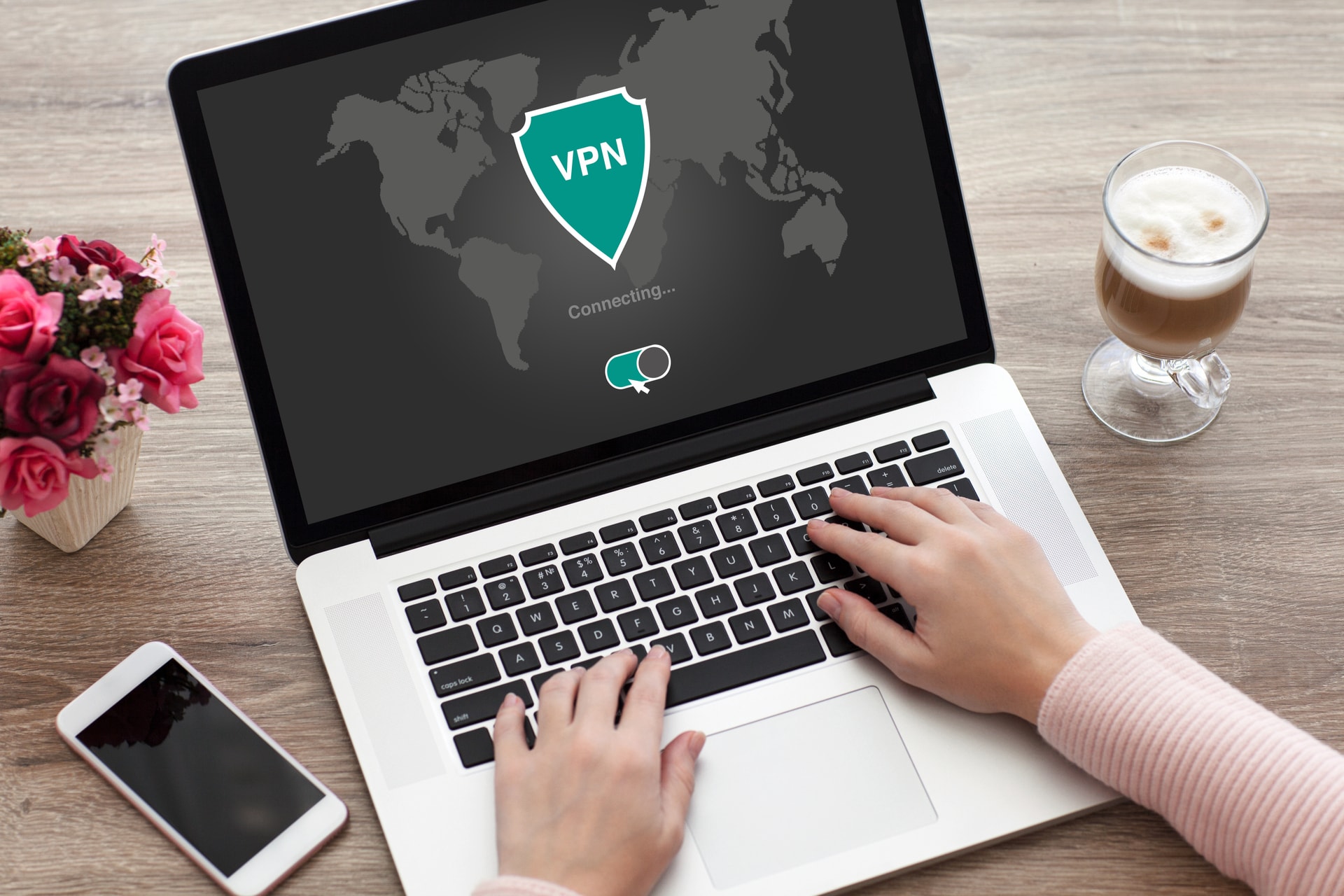
Data Privacy is an important factor for the security of the IT industry. The applications you are using daily, whether email, web, messaging, Facebook, etc., are all built on top of Internet Protocol (IP), the heart of the Internet. A single company providing online services may hold data of hundreds of thousands of customers. And generally, organizations have multiple business centers located around the globe. Therefore, it is highly necessary to secure the on-premise data and the one that flows between the two geographically separated branch offices. Since a public internet is used to connect them, an intruder can steal the data packets and misuse it against the company. Therefore, organizations often desire a standalone private network which can be used to send and receive sensitive information securely and confidentially.
A private connection over the public internet:
A simple solution to achieve network security can be owning a physical network comprising of routers, links, and a DNS infrastructure which is completely separate from the public Internet. But, not surprisingly, a private network will be very costly. Organizations have to purchase, install, and maintain its own physical network infrastructure over a vast geographical region.
But what if you could simply create a tunnel between you and your distant data server over the Internet? Luckily, a private network can also be created without much investment, by providing confidentiality at the network layer of the Internet. With a network-layer confidentiality between two routers or hosts, a sender encrypts the payloads (your secret message) of all the datagrams it sends to the receiving entity. These datagrams are sent by establishing a virtual point-to-point connection using, virtual tunneling protocols and traffic encryption. Thus, creating a virtual private network between the two communication ends.
Unrestricted surfing & more uses of VPNs:
VPN technology was primarily developed to allow remote employees access to company servers. They often need to travel around the world for a business purpose and have to access their IT assets using the public internet. VPN allows companies to securely connect to its IT assets remotely. Apart from enhanced security over the public internet, a VPN has many more advantages for organizations and individuals:
- Reduced cost of operation and maintenance: You can opt for a VPN service provider which can do the network setup and surveillance for you at minimal charges.
- Online anonymity: A VPN not only hides your data but also hides your originating IP address. Thus, you can browse the websites in anonymity. This is especially useful because the Internet is filled with advertisements. Some VPNs are able to block unwanted ads, trackers, and even targeted ads.
- Bypass blocked websites: Many countries block certain websites for fraud practices. VPNs are a great tool for accessing blocked websites.
- Get uncontrolled surfing: Internet Service Providers (ISPs) control the allocated bandwidth which reduces your internet speed. A virtual private network hides your IP address from the router at ISP. This means that any streaming devices you may be using may take less time to load which means less buffering and more enjoyment.
- Pay using a different currency by changing your IP: You can easily pretend as if you are browsing the internet from a different country by tunneling your network address using a VPN.
Should I choose a Free or a Paid VPN?
There are hundreds of software and services that let you create your own Virtual Private Network. Some have paid subscriptions but most are available for free. Yes, you heard it right, most of the VPN enabled software are available for free. But should you choose a free version? To answer this question, let us see briefly how a VPN works.
A sender creates a data packet containing his message. The VPN software encrypts the packet and hides the data as well as the IP address. It then sends the data to a VPN server which sends it to its destination which decrypts the information. The router and the ISP in between, cannot see the sent information, thus the sender goes incognito.
It is necessary to consider the endpoint where the VPN server resides. Since all the data first goes to a VPN server, a malicious server can not only steal your information but can also breach your device with its software installed on it. Always remember that the providers are eventually making money from somewhere with their free to use VPN service. They may be selling your data, filling your browser with advertisements, or installing malware on your device to use it as a bot. Most free versions also have slower speeds and connections than a paid service.
The Verdict:
Though there are many different VPN service providers available today, our recommendation is to use a paid service. Most of them are legitimate and trusted by some of the tech giants. They will provide your security and fast access to your IT assets over the public internet. Some of them come with a first-month-free subscription plan like Vyprvpn (https://www.goldenfrog.online/vyprvpn) & IPVanish (www.ipvanish.com). You should try one of these and then decide whether to continue using the VPN for your personal or corporate use. With a paid service, customer service, and your privacy will be of better value and you will definitely be getting what you pay for.
Contact us today to learn about Bleuwire™ services and solutions in how we can help your business.





